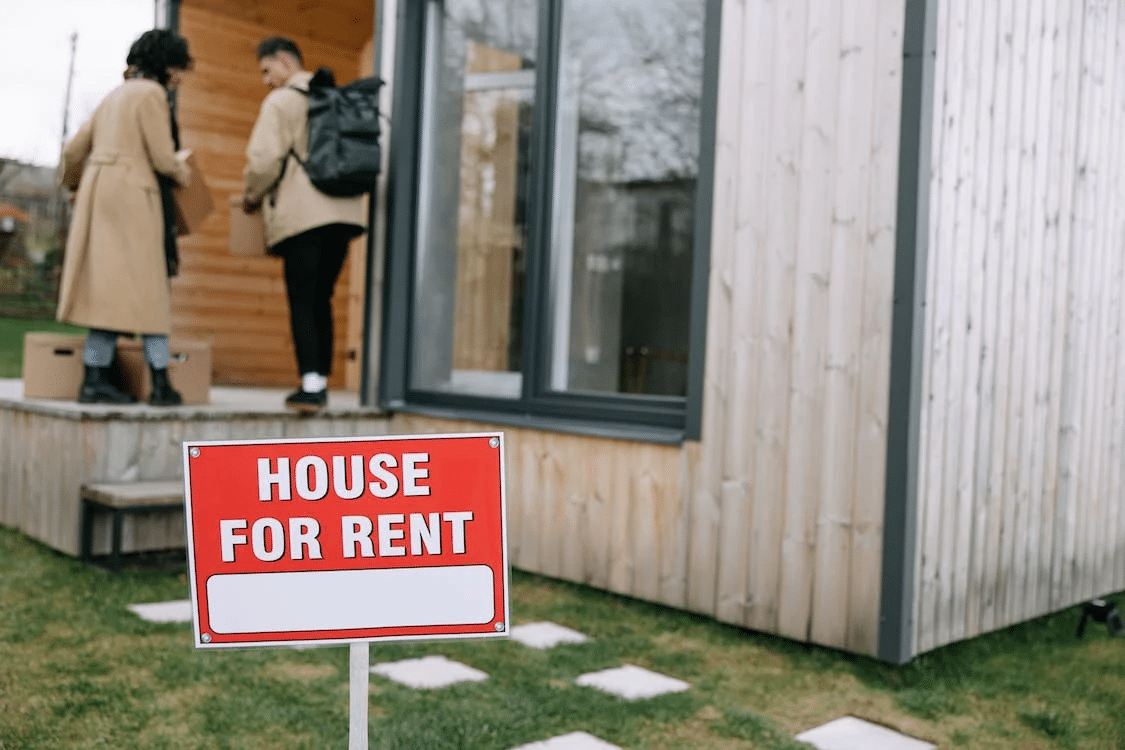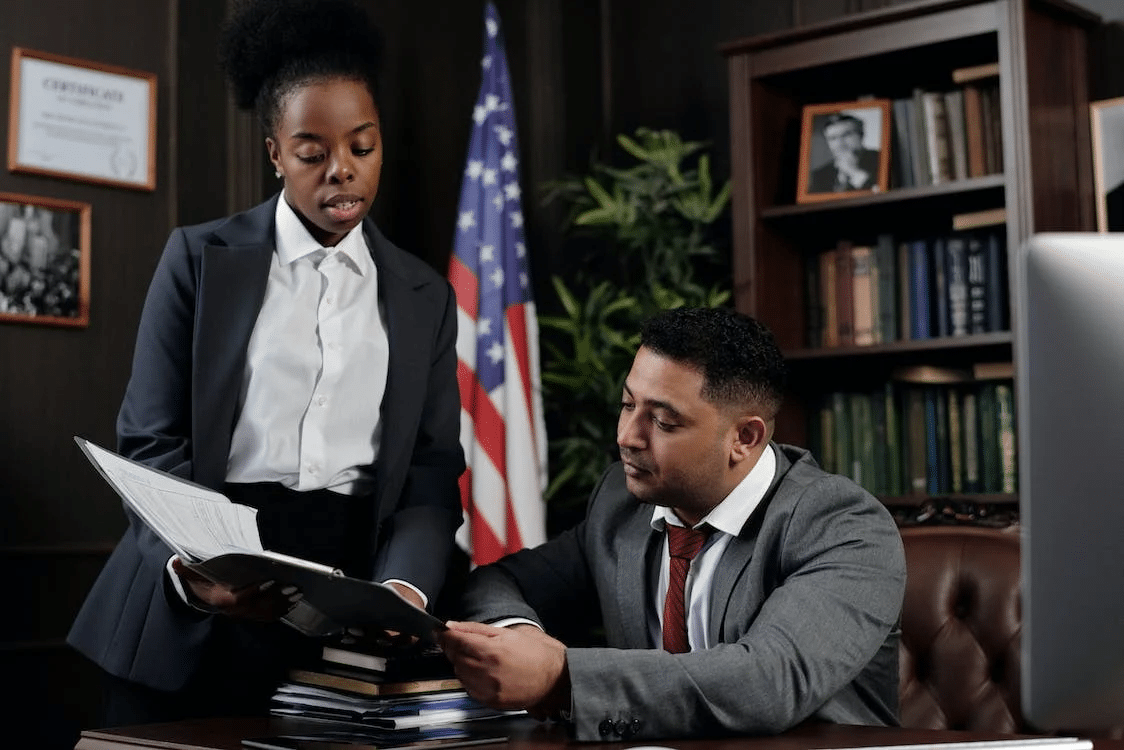Residential Eviction Attorney For Landlords in Florida
Florida Attorneys
Serving You and The State of Florida

In the state of Florida, there are various guidelines and processes that need to be followed to evict someone from a residential building. Tenants cannot be ordered to leave residential units without the proper eviction process being followed. As a landlord, it is key that you know how to handle the eviction process so that you can successfully remove a tenant from a property that you manage.
Working with a skilled and knowledgeable attorney is essential when you are attempting to evict a tenant. Because the process is complicated and requires many steps and stages, it is best to have a professional handle this process for you. At Lopez Law, we have years of experience working on these kinds of cases and can tackle every step of the eviction process for you with ease.
What is the First Step to Evict a Tenant From a Residence?
As stated above, you cannot legally order someone to vacate their unit or house unless you have properly served notice to them. You will need to consider the reason for the eviction and serve the right documentation to be able to evict the tenant legally. There are also remedies that do not include eviction as the main goal, so you will need to be sure that you are following the right process to remove the tenant.
Tenants must be served a 3-day notice to quit, or they might be offered a 7-day notice to cure the issue that is leading to possible eviction. If you are looking to evict only, you will almost always utilize the 3-day notice to quit. If you are willing to have the tenant remedy a situation that is causing a possible eviction, the 7-day notice will be more appropriate.
The 3-day notice is almost always used for tenants who have not paid their rent. You will need to pursue other notices if non-payment of rent is not the reason for the eviction. This is by far the most common reason for eviction, but there are other reasons that your tenant might need to be evicted, such as parking cars on the lawn, failure to care for the property, and so on. In these cases, you will use the 7-day unconditional quit notice.
All of these different documents can easily be drafted and supplied by a skilled legal expert. The team at Lopez Law can help you to serve notice as the first step for evicting a tenant that needs to be removed from a property. Everything from drafting the letters and notices to sending them to the tenant via certified mail and serving them in person can be handled by the team at Lopez Law. These various actions are critical to efficiently proceed with the first steps of the eviction process on your property.

What if the Tenant Didn’t Sign a Lease?
While it is never recommended to allow someone to rent or reside in a property that you own without a lease or rental agreement, this situation can arise. In these cases, you can evict a tenant without notice, but there is a greater chance that the tenant will take issue with the order to quit the property. These situations almost always require that you secure a skilled legal expert to help you to defend your order for the tenant to quit the property.
In these cases, you will almost always end up in court to seek a proper eviction notice despite the lack of a rental agreement. Lease and rental agreements are meant to be in place in order to guide the eviction process, so when you do not have one to guide an eviction, things can become more complicated. You should always follow the state-mandated guidelines for notice to evict for each kind of lease and rental agreement that you have in place.
If you are not sure what the mandatory notice periods are for your particular kind of rental agreement, a legal expert at Lopez Law Group can help. You will need to be sure to follow the state regulations for each kind of rental contract so that you can successfully evict someone from a property that you manage or own.
Do I Have to Serve the Eviction Notice in Person?
Thankfully, you do not actually have to meet with the tenant in person to deliver the eviction notice. In some cases, the tenant will have already left without paying rent or might be in the process of leaving when you serve notice. You are only required to post the notice to quit on the door or someplace visible so that the tenant has a chance to meet your eviction demands.
In many cases, these notices are served with a witness who can testify that the eviction order was posted and the tenant was given the proper notification of the need to quit the premises. This ensures that you are able to prove that you did take the right steps to remove the tenant, and it helps to provide the judge in your eviction order case with the right information to evict. You will need to make sure that you are handling these original steps correctly to ensure a good result for your case.
You can also elect to hire a company that serves legal notices professionally. This can be a good idea if you are having trouble with the tenant, which you think might turn into violence. It can also be helpful if you think that the tenant will hide from you when they see you coming. Having someone who is not involved in the rental dispute serve eviction notices can be the best way to make sure that there is no contentious action taken during the eviction process.
Filing a Florida Eviction Lawsuit
The next step in the process of evicting a tenant is filing a Florida eviction lawsuit. The tenant has to be allowed to have the full three or seven days to respond to your notice that they are being evicted before you can proceed with this next step. You will also need to remember that holidays and weekends are not included in the total number of days that the tenant has to respond to your notice.
Filing suit is required by Florida law. This means that working with a skilled legal team will make the process of finalizing the eviction much easier for you. The team at Lopez Law will figure out which county courthouse will need to hear the suit, and they can also file the documentation for you to be able to request an eviction.
It can be tempting to just show up and make the tenant leave once you have served them notice, but this is not legal. You can end up in trouble with the law for taking action before the eviction lawsuit has been completed. It is also possible that you will avoid confrontation if you take the time to follow all the right steps in the eviction process from start to finish. This is an important consideration to keep in mind, as many eviction situations can be highly emotional.
There are some important documents that need to be included in the request for eviction:
- Complaint for eviction
- Summons
- Non-military affidavit
- Double-stamped addressed envelope for each defendant
The complaint also needs to be specific in its language. There are required statements and required information that must be added to the document. You will need to be sure that the landlord’s information is clearly stated on the documents that are submitted to the court. You will also want to be clear about the location of the property.
The most important information that is added to the eviction suit request is the violation that the tenant has caused, which has led to the eviction and the specific request of the landlord. If you want to evict the tenant, then you need to be clear that this is your goal. Since there are other remedies that can be offered to tenants who are not obeying the requirements of their rental contract, you should make sure that you state clearly that you wish to evict.
A copy of the lease or rental agreement should also be included in the documents that the court needs to look at. This will help the judge to check that both parties are acting in accordance with the rental agreement when they are making their judgment in your case.
A summons to court will be sent to the tenant, notifying them of the eviction demand. They have the choice to appear or not at the court date.

What if the Tenant Does Not Appear in Court?
Even if the tenant does not appear in court, you will still need to have the permission of a judge to formally evict the tenant. You and your lawyer from the Lopez Law Group will need to appear in court to state your case and get final permission from a judge to evict.
Only after the eviction has been completed in court can you enter the property and begin preparing it for another tenant. You are not allowed to remove any of the possessions of the tenant before the eviction has been finalized. You also cannot make arrangements to clean or repair anything in the apartment or home until the tenant has been evicted.
It can be tempting to serve the eviction notice yourself so that you can get started on reclaiming the property. However, in the state of Florida, this is not allowed. The local sheriff will need to serve the notice of eviction. You are allowed to request that the sheriff enters the property to confirm that no one is in residence any longer. This can be important for safety so that you are not bothered or accosted by an angry tenant.
While all of the various steps of this process can seem ponderous, they are required by law. Do not take matters into your own hands if you need to evict someone. The team at Lopez Law can help you to tackle your eviction process with ease, and we will ensure that you do not miss any steps or stages of the complaint and eviction lawsuit, which can waste time and money.
What is a Notice to Comply?
The notice to comply is something that must be issued to a tenant that you are planning to evict. This document is offered to the tenant before you file the eviction order in court. You can use a basic template for this letter, but Lopez Law can also draft this letter for you. As with the other documents that need to be given to a tenant who is going to be evicted, you will only need to post this letter in plain sight on the property.
The notice to comply is one of the many different stages and steps that must be executed to be able to finalize the eviction. Missing any of these notices during each step of the process can lead to delays in the eviction process.
Even if the tenant is no longer in residence, you will still need to serve all of the correct documents and notices to the tenant. Posting all of these notices allows the tenant to come back to the property and find out that they have been served a notice to evict. If these steps in the process are skipped and the tenant never intended to be evicted, you might not be able to evict them without beginning the process again.
Writ of Possession
This document is what is offered at the end of the process to file for eviction in court. This is the document that allows you to take possession of the property again with the help of the local sheriff. The writ of possession proves your claim to the property and offers up an indicator to the tenant that they can no longer ignore your demands to remove from the property.
If the tenant has not removed from the property within 24 hours, then the deputy will show up again to enforce the writ. The deputy will stand by as the landlord changes the locks and takes possession of the property from the tenant. The deputy can also remain on the property throughout the process of removal from the premises to ensure that there are no issues.
Tenants with lots of possessions will have to make arrangements to retrieve these items from storage or another location after the removal. The landlord is not required to make arrangements to return the possessions to the tenant and can choose to dispose of or store them as they please. This is often one of the most contentious stages of a contested eviction, so you should be sure that you have followed all the right steps in the process before you get to this point.
Can You Add Other Fees and Charges to the Eviction Order?
If your tenant owes you for repair fees, pet fees, and other kinds of charges that are laid out in the rental contract, you can include these in the three-day notice for non-payment of rent. These details can be included in the order to evict by a judge. You might never be able to collect this money from the tenant, but notifying them that it is owed is the only recourse that you have if you wish to be able to send them to collections.
Keeping good records is essential if you want to be able to state that the tenant owes this money. It can be hard to prove these kinds of details without a paper trail that states that these costs are owed to the landlord each month. As with all other parts of the rental and leasing process, the better your documentation that is on file, the easier it will be to evict a tenant and collect the money that you are due.

How Can a Lawyer Help?
If you need to evict a tenant from your property, you will want to be sure that you work with a skilled legal team. There are so many steps and stages to the eviction process that it can be easy to miss a stage or a document. You will need to be sure as well that the lawyer that you work with has experience in this area of the law.
The team at Lopez Law can help you to evict a tenant even if you don’t have the right lease or rental agreement on file with them. We have years of experience in this area of the law and can assist our clients in securing a favorable outcome in these cases. Making sure that you comply with Florida law during the eviction process is key.
Contact us today to get scheduled for a consultation. Our experienced team of legal experts is ready to help you to evict residential tenants who are not in compliance with your rental agreement.
Related:
Three-Day Notice for Non-Payment of Rent in Florida
Unlawful Detainer Possession Actions Law for Landlords in Florida
Security Deposit Claims Law For Landlords in Florida
Ejectment Possession Actions Law In Florida
Lease Preparation Law in Florida
Practice Areas
- Business Lawyers
- Residential Real Estate Lawyers
- Commercial Real Estate Lawyers
- DUI Lawyers in Florida
- Expunction and Sealing Lawyers
- Florida Clemency
- Injunction Lawyers
- Tenant Lawyers
- Landlord Lawyers
- HOA Lawyers
- Defamation Lawyers
- Eviction Attorneys
- Moving Company Dispute Lawyers
- Probate Lawyers in Florida
What Our Clients Say
A Godsend
Mr. Lopez was a Godsend and really helped me with my situation. Him and the entire firm were very diligent and helped speed the early stages of the process along due to a pressing situation. Throughout my experience working with the firm, they were always responsive and available any time I had a question or wanted to check on the state of affairs. Hopefully I won’t have to recommend Lopez Law Group to my friends or family, but if those unfortunate circumstances arise then there’s only one name I would trust. Thank you again for all your help!
Lopez Law Group Can See You Through Cases Like:
Don't See What You Need?
Lopez Law Group
700 7th Ave N, Suite A,
St. Petersburg, FL 33701
P: 727-933-0015
Business Hours
Mo, Tu, We, Th, Fr
Schedule a Call Back
Book a Consultation






















